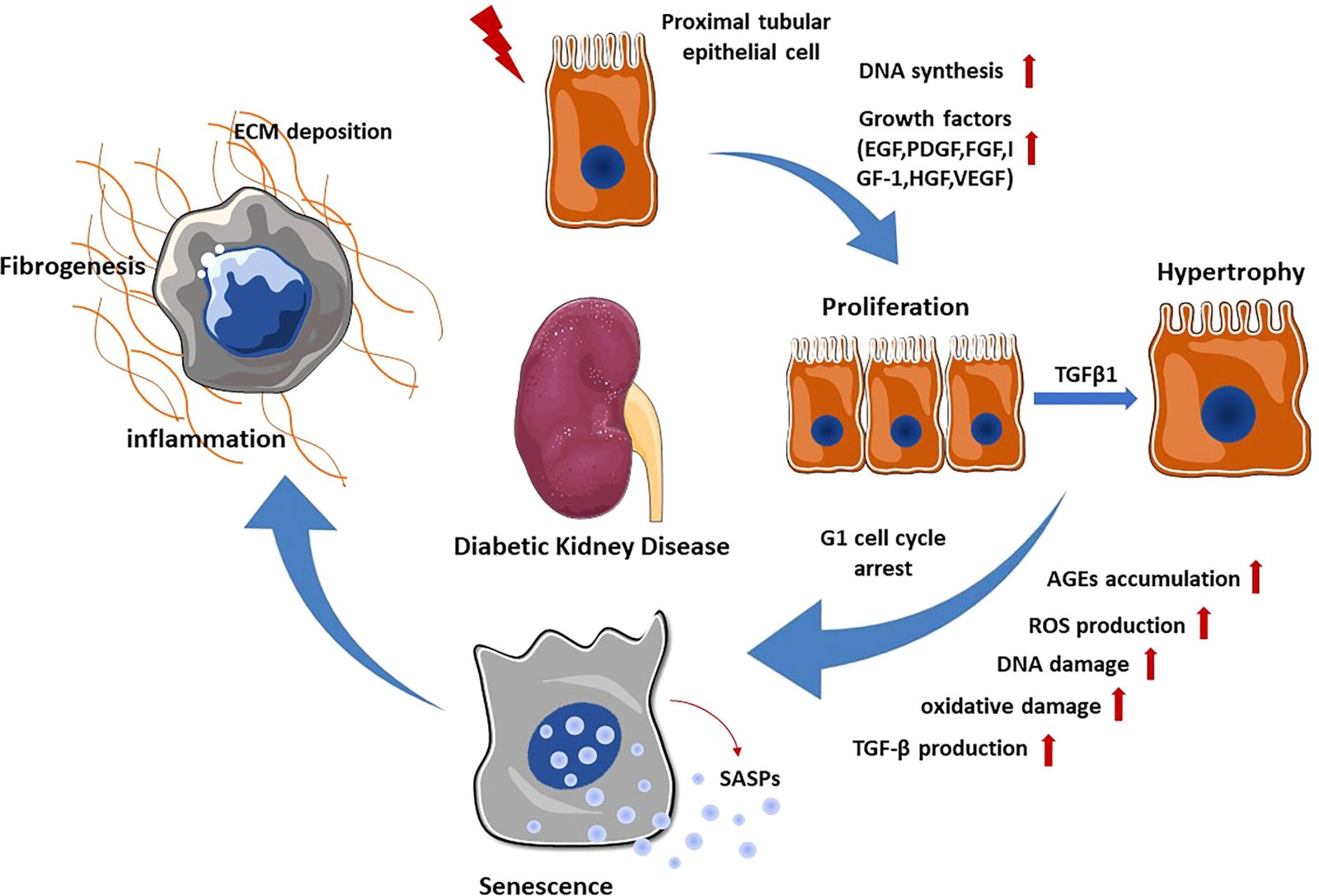Researchers at the University of Leeds have identified a rare disorder, caused by a genetic mutation in the MAX gene, leading to babies being born with extra fingers and toes along with various birth defects. The disorder, not yet named, is associated with polydactyly (extra digits) and symptoms related to ongoing brain growth, including autism. The study, published in The American Journal of Human Genetics, focuses on three individuals with polydactyly and macrocephaly (larger-than-average head circumference), identifying a shared genetic mutation causing the birth defects. The researchers found a potential treatment molecule already in clinical trials for another disorder. Further research is needed to test its effectiveness before potential use as a treatment.
Rare genetic disorder linked to extra digits and birth defects identified.



